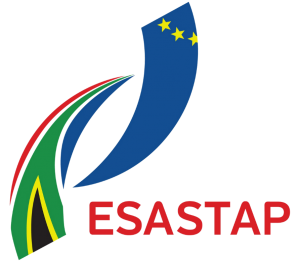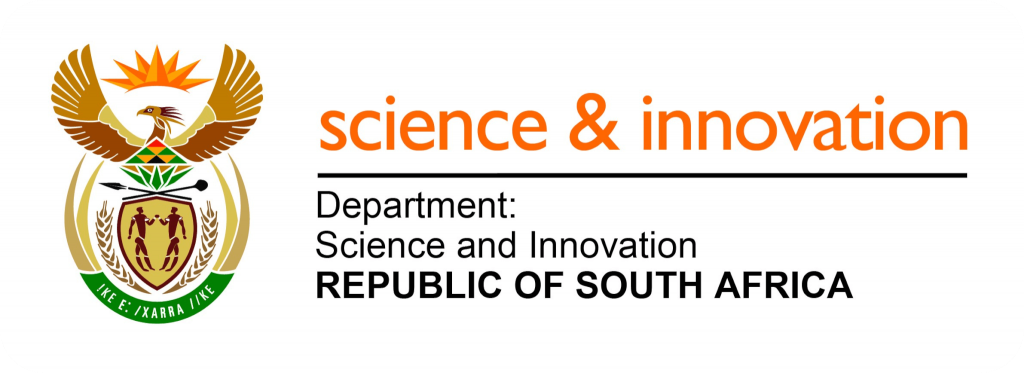Actions taken to tackle the novel coronavirus
SARS-CoV-2 outbreak On 30 January 2020, the European Commission launched a request for expressions of interest entitled “SC1- PHE-CORONAVIRUS-2020: Advancing knowledge for the clinical and public health response to the [COVID-19] 1 epidemic”, with a budget of €10 million, which was subsequently increased to €47.5 million given the scale of the outbreak and the potential of the research projects submitted.
Seventeen research projects were shortlisted for funding. These projects are expected to advance our understanding of the novel coronavirus (SARS-CoV-2), contribute to more efficient clinical management of patients infected with the virus, and to the public health preparedness and response to the outbreak. Research teams are expected to share data rapidly so that results can immediately inform the public health response.
Such rapid reaction is made possible by the standing budget line for emergency research funds that the Commission maintains as part of the Horizon 2020 annual work programmes for Health research.
Ongoing projects for preparedness and response to outbreaks
In the past years the European Commission has invested greatly in research to prepare exactly for this type of public health emergency. Several EU funded projects (both Framework Programme 7 and Horizon 2020) are currently contributing to the European and global preparedness and response activities. These include:
The PREPARE project, which supports the readiness of hospitals in Europe and enhances their understanding of the dynamics of the outbreak. This project has upgraded its response efforts to the novel Coronavirus (SARSCoV-2) epidemic to Outbreak Research Response Mode 3, the highest response mode. This means that PREPARE will immediately initiate and implement clinical research studies on SARS-CoV-2 across Europe2 . Activities implemented by PREPARE are planned and conducted in close collaboration with partner networks and the European Commission, and in alignment with WHO and ECDC. EU grant: €24 million.
The European Virus Archive – GLOBAL (EVA-GLOBAL or EVAg), a virtual collection for human, animal and plant viruses, which to date has already responded to more than 1200 requests, to provide access to the necessary material for diagnosing coronavirus infection3 . EU grant: €12.2 million.
Additionally, the Commission is working with other research funders through the “Global research collaboration for infectious disease preparedness” (GloPID-R) network. This network is mobilised to facilitate a rapid and effective response to this outbreak, through the coordination of research agenda and addressing priority research needs4 . EU grant to support GloPID-R 2: €1.3 million.
VEO is a new project started in January 2020, working on diagnostics and data mining, including the use of social media. EU grant: €15 million.
MOOD is also a new project started in January 2020, on data mining and providing epidemic modelling. EU grant : €14 million.
Other ongoing efforts
On 3 March a special fast track call for research proposals was announced by the Innovative Medicines Initiative (IMI), a public-private partnership between the EU and the pharmaceutical industry through its association EFPIA.
The European Commission funds IMI through Horizon 2020 and will contribute up to €45 million to this call. A commitment of a similar scale is expected from the pharmaceutical industry so that the total investment could reach up to €90 million. The IMI call invites proposals for projects to develop treatments and diagnostics to better tackle the COVID-19 outbreak and to increase preparedness for potential future outbreaks.
Through the current IMI portfolio, the following projects are actively involved in the novel coronavirus outbreak:
The Zoonotic anticipation and preparedness initiative (ZAPI) is a research project that aims to create new platforms and technologies that will facilitate a fast, coordinated, and practical response to new infectious diseases as soon as they emerge. Their focus includes other coronaviruses, potentially allowing for transfer of technology and expertise for the current outbreak.
The value of diagnostics to combat antimicrobial resistance by optimising antibiotic use (VALUE-Dx) project aims to transform medical practice by making it easier for doctors to deliver personalised, evidencebased antibiotic prescriptions thanks to the use of innovative diagnostic strategies. The project focuses on respiratory tract infections in community care settings but the project’s findings are also likely to be relevant for other infections, such as the novel coronavirus.
The Combatting bacterial resistance in Europe (COMBACTE-NET) is dedicated to building strong clinical, laboratory and research networks across Europe. COMBACTE-NET has established a pan-European network of clinics and hospitals for more efficient and speedy testing of novel treatment strategies, a network of microbiology laboratories to support the diagnosis of patients and identify the most appropriate treatments as well as to validate diagnostics tests. An epidemiologic network has also been established in the COMBACTE-MAGNET project that harmonises and connects various European systems of disease surveillance.
The EXSCALATE platform – one of the outcomes of the EU funded project Antarex– is fully operational at the Italian Supercomputer in CINECA analysing COVID-19 proteins based on data available from the scientific community in order to accelerate the search of an effective therapy against the pandemic virus.
The applications of the HPC Centre of Excellence for Computational Biomolecular Research ‘BioExcel’ can be used for on-demand, large-scale virtual screening of potential medical compounds such as small molecule drugs, antibodies etc. The applicability depends on the specific case of pandemic cause.
The access policy of the EuroHPC Joint Undertaking foresees prioritised and immediate access to its supercomputers for emergency as is the case in pandemic crises.
The European Commission has invested also in the development of clinical networks over many years to ensure preparedness for delivering clinical research in response to new infectious disease outbreaks including the above mentioned PREPARE, COMBACTE-NET and VALUE-Dx, among others.
Through the European and Developing Countries Clinical Trials Partnership (EDCTP 2), the following projects are also currently active in the coronavirus outbreak:
The African coaLition for Epidemic Research, Response and Training (ALERRT), has a response framework that alleviates administrative, regulatory and ethical bottlenecks and mobiles research capabilities ensuring swift action to initiate fit-for-purpose clinical and laboratory research in varying settings within subSaharan Africa. Institut Pasteur de Dakar, one of the partners of the project, is leading the activities for country preparedness under the direction of the Africa CDC (Centres for Disease Control and Prevention).
The Pan-African Network For Rapid Research, Response, Relief and Preparedness for Infectious Diseases Epidemics (PANDORA-ID-NET), which focuses on epidemic preparedness, is currently collaborating with the Africa CDC to offer assistance in terms of surveillance and laboratory skills training.
Additionally, EDCTP supports networks of research centres that are involved in clinical trials in sub-Saharan Africa. These Networks of Excellence (NoEs) facilitate research collaboration by uniting diverse institutions in the four regions of sub-Saharan Africa. To date, EDCTP funded the establishment of four regional Networks of Excellence: WANETAM, EACCR, CANTAM and TESA.
Background on coronavirus
Coronaviruses (CoV) are a large family of viruses that cause illnesses ranging from the common cold to more severe diseases such as Middle East Respiratory Syndrome (MERS-CoV) and Severe Acute Respiratory Syndrome (SARS-CoV).
End of December, Chinese authorities identified a cluster of what is now recognised as “novel coronavirus” (SARS-CoV-2) infections in Wuhan, China. This is a new virus strain not been previously identified in humans. The outbreak of COVID-19 initially spread rapidly within China, but is now affecting more than 70 countries worldwide. On 30 January 2020, the WHO declared a public health emergency of international concern (PHEIC). Updates on the latest evolution of the outbreak can be found on the following websites: –
- ECDC: https://www.ecdc.europa.eu/en/novel-coronavirus-china
- WHO: https://www.who.int/emergencies/diseases/novel-coronavirus-2019
________________________________
- The initial name “nCoV-2019” was replaced by the official terms COVID-19 for the disease or SARS-CoV-2 for the virus.
- https://www.prepare-europe.eu/News/News-items/ID/1214
- https://www.european-virus-archive.com/
- https://www.glopid-r.org/






